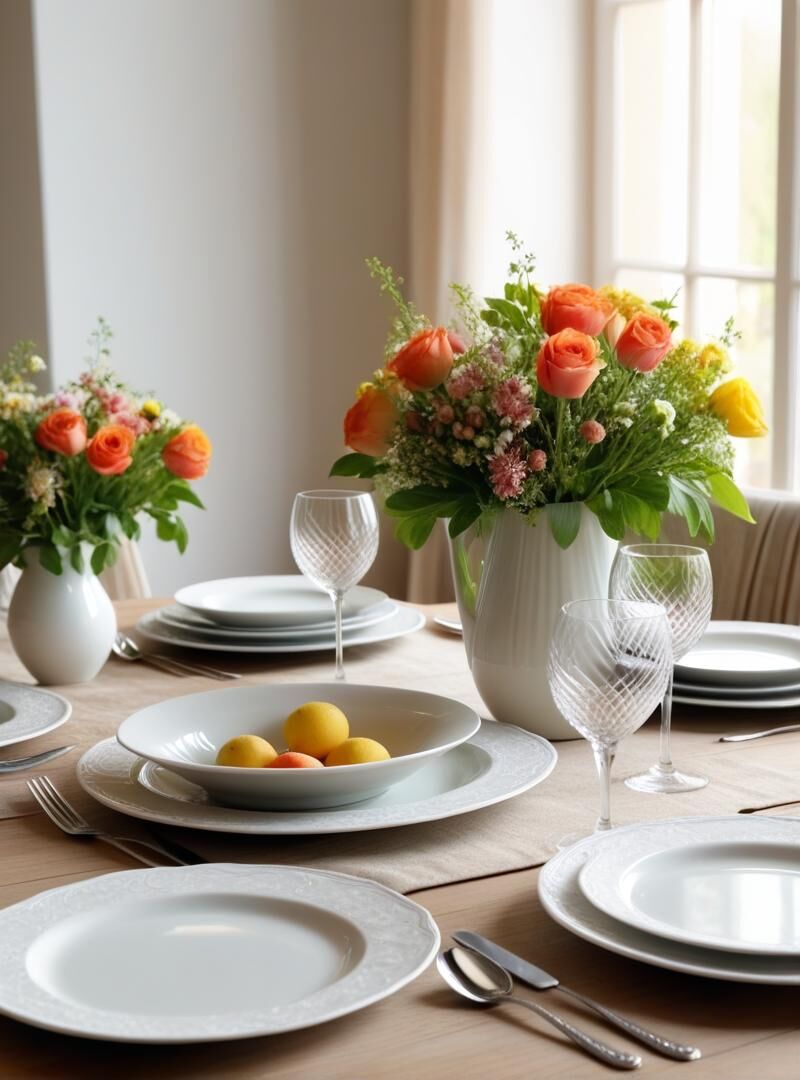Master the Art of Boiling the Perfect Egg
How to Boil an Egg: A Simple Guide
Discover the foolproof method to achieve perfectly boiled eggs every time, whether you prefer them soft, medium, or hard-boiled.
Step-by-Step Egg Boiling Guide
Step 1
Gather Your Ingredients
Start by collecting fresh eggs and a pot of water.
Step 2
Prepare the Pot
Fill a pot with enough water to cover the eggs by an inch.
Step 3
Boil the Water
Bring the water to a rolling boil over medium-high heat.
Essential Ingredients & Tools for Boiling Eggs
Prep
10 minutes
Cook
Total
Serves
Ingredients
- 4 fresh eggs
- Water
- Salt (optional)
- Ice cubes
- Medium-sized pot
- Slotted spoon
Instructions
Step 1
Step 2
Step 3
Step 4
Step 5
Step 6
Expert Tips for Perfectly Boiled Eggs
To achieve the ideal boiled egg, start by selecting eggs that are at least a week old. Fresh eggs can be difficult to peel, so slightly older eggs are preferable. Place the eggs in a single layer in a pot and cover them with cold water, ensuring the water level is about an inch above the eggs.
Once the water reaches a rolling boil, turn off the heat and cover the pot with a lid. Let the eggs sit in the hot water for about 9 to 12 minutes, depending on your desired level of doneness. For a softer yolk, aim for the lower end of the time range. After cooking, transfer the eggs to an ice bath to stop the cooking process and make peeling easier.
Common Questions About Boiling Eggs
Boiling eggs is a simple yet precise process. Here are answers to some frequently asked questions to help you master the technique.


